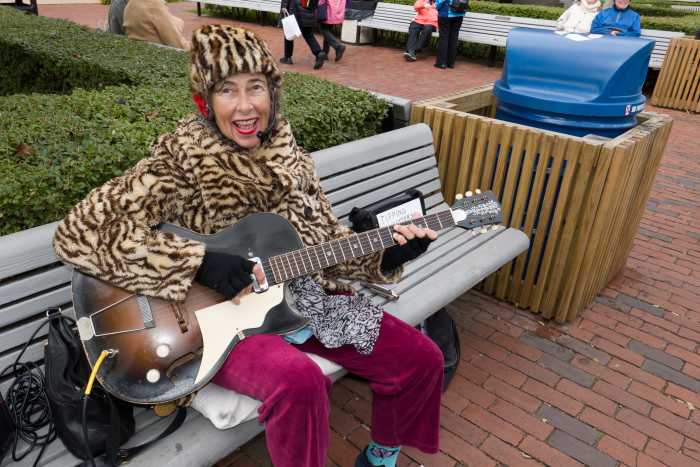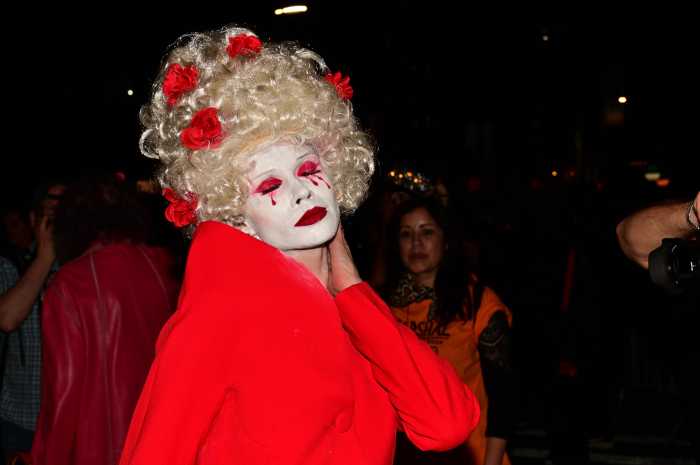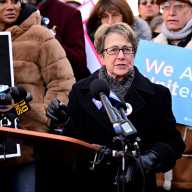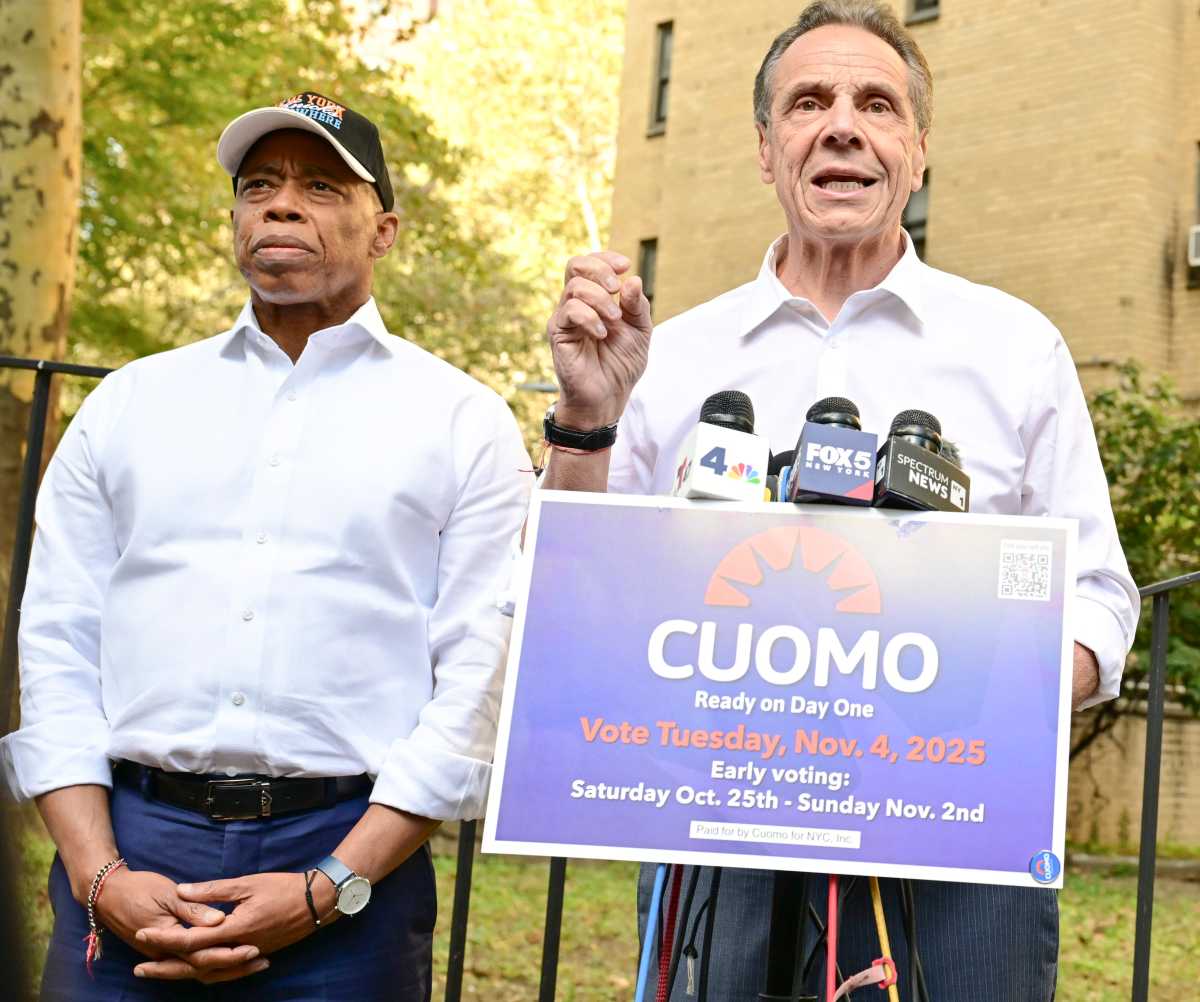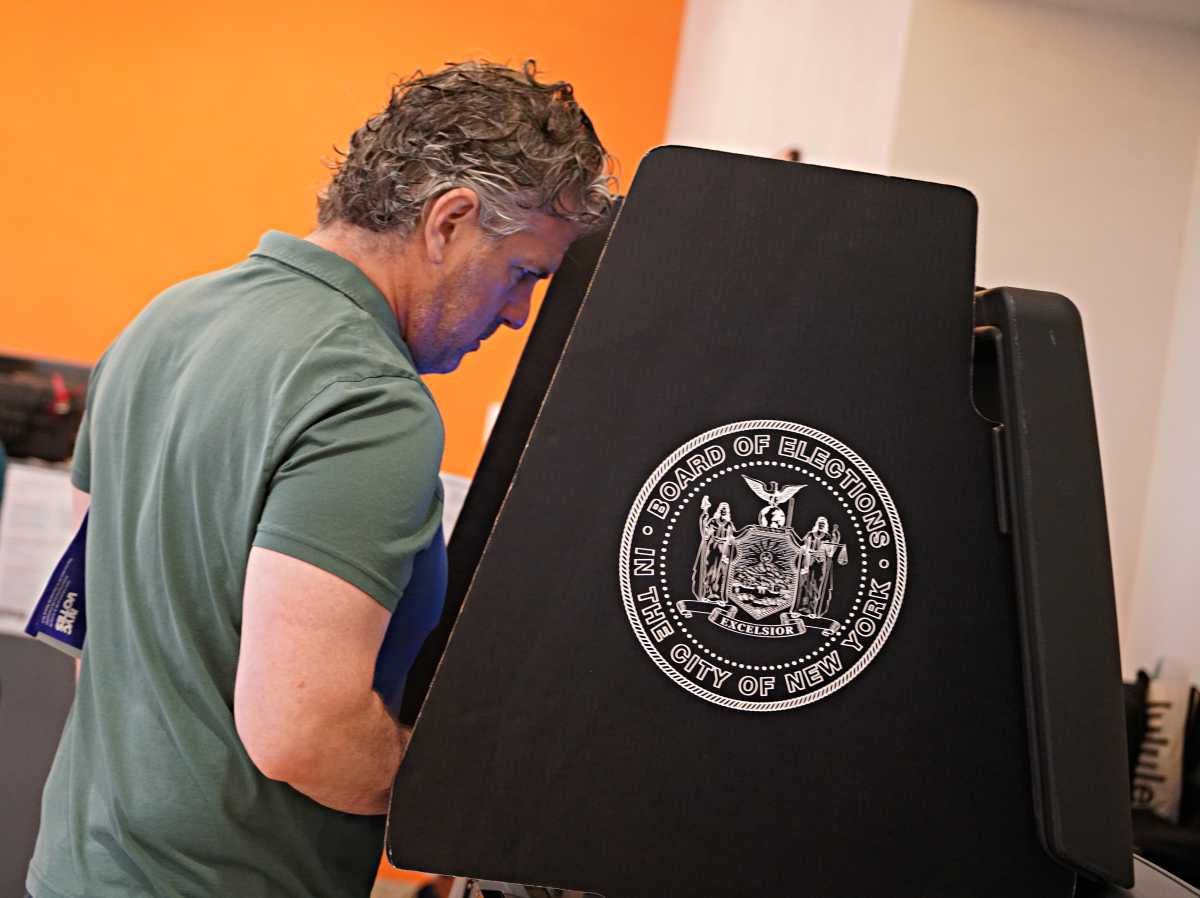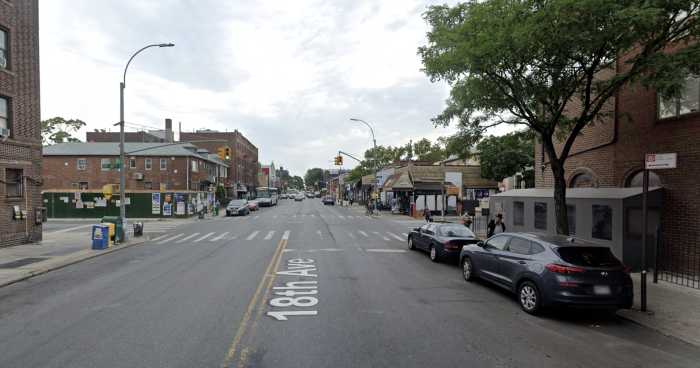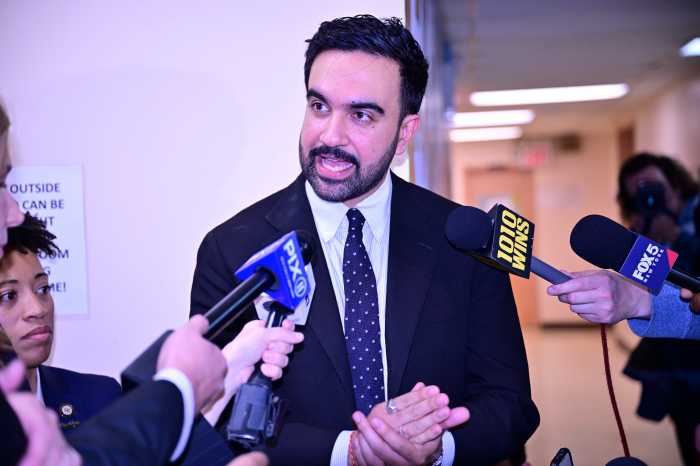The Republican-led New York State Senate that said “I do” to same-sex marriage barely flirted with passing the Gender Expression Non-Discrimination Act (GENDA) that would ban bias against people of transgender experience as New York City does.
In 2002, New York was the last state to enact a human rights law that included protections based on sexual orientation but not gender identity and expression.
On June 14, GENDA passed the Democrat-dominated Assembly for the fourth time in a 78-53 vote, led by chief sponsor Dick Gottfried, a Chelsea Democrat.
Entering tenth year of advocating for a stand-alone law, activists eye 2012 push
While advocates from the New York Transgender Rights Organization (NYTRO) said they had 32 senators committed to voting for the bill –– just enough for passage –– it was not released by the Republican conference for floor debate and action. Nor was there much in the way of a visible public campaign to demand that vote.
Joanne Prinzivalli, NYTRO’s state director, wrote a letter to Majority Leader Dean Skelos, a Long Island Republican, urging a floor vote and making a detailed argument for the substance of the bill. In it, she addressed some of the alarmist arguments raised by GOP opponents during the Assembly debate on the bill.
“I assure you that this bill would not provide any protection for a voyeur or any other male sexual predator who might want to wander into a women’s restroom or locker room,” Prinzivalli told Skelos.
Trans advocate and longtime Democratic Party activist Melissa Sklarz, also of NYTRO, noted in an email that the bill didn’t move in the 2009-2010 legislative sessions, when Democrats had control, “in spite of the efforts of Tom Duane and John Sampson,” the chief sponsor and majority leader, respectively.
“We are still trying to determine what can move a trans-only bill through the State Legislature,” Sklarz wrote. “2011 is now year 9, and we move one lawmaker at a time. In fact, our activist base seems to be focusing on the judicial and executive arenas, where there has been some success. We need more trans voices and more trans faces.”
Duane, an out gay Chelsea Democrat, said GENDA was “top of the list” for 2012. He is encouraged by the fact that the school anti-bullying bill that passed in 2010 included protections based on gender identity and expression, the first such piece of legislation enacted in New York State history.
Pauline Park, chair of New Yorkers for Gender Rights Advocacy (NYAGRA), wrote in an email, “The overwhelming focus of the community’s resources and media attention on marriage equality at the end of the legislative session in Albany has meant that the Gender Expression Non-Discrimination Act (GENDA) has been all but ignored.” She called on Governor Andrew Cuomo to make it a priority in 2012.
The Empire State Pride Agenda, New York’s LGBT lobby, had GENDA as one of three priorities this year, along with marriage equality and funding to overcome LGBT health disparities, according to Ross Levi, the group’s executive director.
“As of early this year, we knew with this Senate it would be challenging to get GENDA passed,” Levi said.
The Pride Agenda did garner support from the chiefs of police in Albany and Rochester as well as women’s groups, especially in combating the canard that women would be less safe in public bathrooms if the bill passed. Levi said some senators opposed to the marriage bill expressed “an openness to talk more” about GENDA, but that did not translate into floor action.
In the absence of Senate movement on GENDA, Levi said the Pride Agenda prevailed on Cuomo to reissue former Governor David Paterson’s executive order banning discrimination based on gender identity and expression in state employment.
“The Cuomo administration is working on good, cutting-edge training and guidelines to see that it is implemented,” he said.
The Pride Agenda is also working on the state Department of Health to guarantee “Medicaid coverage of transgender health care,” including gender reassignment surgery. The group is also pushing to ensure that trans New Yorkers can get the gender markers on their birth certificates changed based on “your medical professional certifying that you are the gender you are.” Currently, those seeking a new birth certificate must first complete gender reassignment surgery and provide “intrusive documentation.”
At the Trans Day of Action on June 24 where 400 marched in downtown Manhattan, GENDA was not on the agenda. According to Diana Scholl, writing in a Housing Works AIDS Issues Update posted on the Audre Lorde Project website, ALP and the Sylvia Rivera Law Project, two of the main Trans Day of Action organizers, “don’t endorse GENDA because of a provision in the legislation that extends hate crime legislation to transgender people. These organizations believe that hate crime legislation is a tool in the ‘prison industrial complex’ that can actually be used against transgender people.”
Activist Melissa Sklarz writes about the delays in getting GENDA done in “Our Time Just Keeps Coming.”



